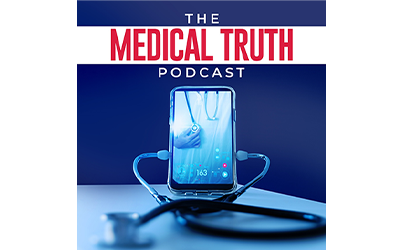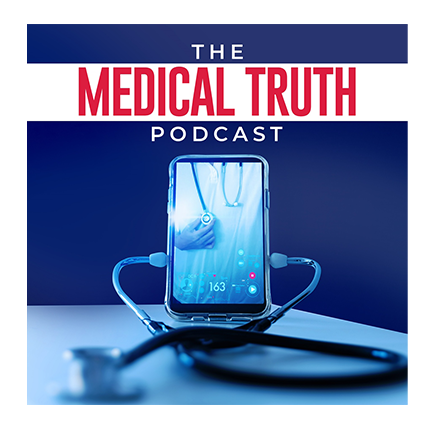In a recent interview, Gin Stephens, author of the book “Fast, Feast, Repeat”. explained that intermittent fasting is not a diet, but rather a way of restricting when you eat rather than what you eat. The basic idea is to eat all your daily meals within a certain time frame, known as an “eating window”, and then fast for the remaining hours of the day.
There are several types of intermittent fasting, but the most common is time restricted eating, which involves restricting your eating to a certain number of hours per day, such as 8 hours, and then fasting for the remaining 16 hours. Other types of intermittent fasting include alternate day fasting, where you fast every other day, and 5:2 fasting, where you eat normally for 5 days and restrict calories to 500-600 for 2 non-consecutive days.
Gin notes that fasting has a long history in religious and cultural traditions, but has become increasingly popular in recent years due to its numerous health benefits. Fasting can improve blood sugar control, increase energy, and reduce inflammation. It has been linked to weight loss and improved metabolic health.
One of the benefits of intermittent fasting is that it can help improve insulin sensitivity, insulin is a hormone that helps regulate blood sugar levels by signaling cells to absorb glucose from the bloodstream. When insulin sensitivity is reduced, the body produces more insulin to compensate, which can lead to high blood sugar levels and a range of health problems, including type 2 diabetes, metabolic syndrome, and cardiovascular disease. Fasting can help improve insulin sensitivity by reducing insulin levels, which allows the body to better regulate blood sugar levels.
Another benefit of intermittent fasting is that it can help reduce inflammation in the body. Inflammation is a natural response to injury or infection, but chronic inflammation can contribute to a range of health problems, including autoimmune disease, cancer, and cardiovascular disease.
Intermittent fasting has also been linked to weight loss and improved metabolic health. By restricting when you eat, you can reduce the total number of calories you consume, which can lead to weight loss. Additionally, fasting has been shown to increase levels of human growth hormone (HGH), which can help preserve muscle mass and promote fat burning.
When starting intermittent fasting, it is important to focus on building up metabolic flexibility and fasting muscle without radical changes to your diet. Gin recommends continuing to eat as before, regardless of whether the diet is healthy or unhealthy, and focusing on nailing the clean fast, which involves sticking to black coffee, plain water, and sparkling water with no flavors added. The goal is to gradually ramp up fasting, similar to the couch to 5K approach, rather than starting too aggressively.
One challenge of intermittent fasting is drinking enough water, as many people opt for sugary drinks or flavored waters instead. However, drinking plain water before meals can boost weight loss and improve overall health. Gin shared a study that found participants who drank 500 ml of water before each meal lost an average of 44% more weight than those who didn’t drink water before meals. She encourages people to retrain their taste buds and give water a chance, as it is essential for proper bodily function.
The conversation between Gin and host James Egidio also touched on the dangers of sugary drinks like soda. Gin shared her own experience of drinking soda all day long and how giving it up was a game changer for her health. James shared stories of patients who lost weight simply by quitting soda. Gin proposed a challenge to switch to drinking plain black coffee, plain tea, and plain water, believing it would make a significant difference in individual’s health.







